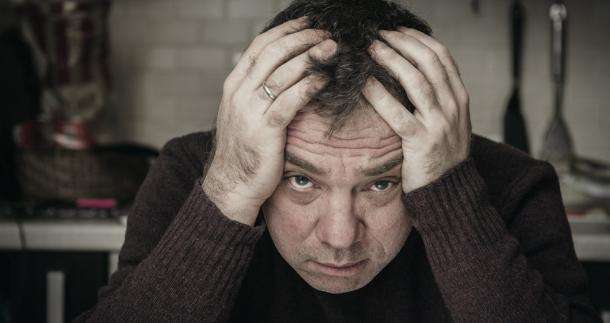The American author, Mark Twain, is famously reported to have quipped that “it’s easy to quit smoking – I’ve done it hundreds of times.” Smokers who have developed a nicotine addiction will appreciate the irony in this quote, particularly if they have tried to stop smoking on one or more occasions. The physical and psychological connection to nicotine can create cravings that overwhelm even the most dedicated individual and that can doom their attempts to stop smoking. Before you try to stop smoking either on your own or with the assistance of any programs, you will be best served by understanding the process and duration of nicotine withdrawal that you will probably experience.
You will likely be over the worst of any physical withdrawal symptoms within two or three days after your last cigarette, though they’ve been known to last for longer. Some physical symptoms will linger for a week or more, but during those first few days, you will likely have episodes of lightheadedness or headaches, nausea, restlessness, and stomach problems. You might find that you want to eat more frequently or consume greater amounts of food. Many former smokers gain a few pounds or more during their initial smoke-free periods.
These physical symptoms will wane after a week or so, but you will continue to crave nicotine. As the brain compensates, you will experience depression, anxiety, edginess, irritability and restlessness. Try to determine what triggers previously led you to reach for a cigarette. For example, if you smoked to ease stress or when you were in particular social situations, try to avoid those triggers during your first few weeks away from cigarettes. You will continue to experience cravings even without those triggers, but the triggers are often the thing that can undermine your resolve to stop smoking.
Choosing to stop smoking cigarettes or other nicotine tobacco products during the treatment process for drug and alcohol will be a challenge. Most treatment programmes will include smoking cessation education if you choose to quit. Though nicotine is less immediately dangerous than drugs and alcohol, the substance can present potentially fatal long term effects.
Smarmore Castle Private Clinic is an establishment of mental health treatment in Dublin. Serving Ireland in excellent care of drug and alcohol addiction, we employ the proven Castle Craig model in returning patients to optimum health of mind, body, and spirit. Call to speak with one of our caring attendants today. Real change is possible. 041 986 5080


